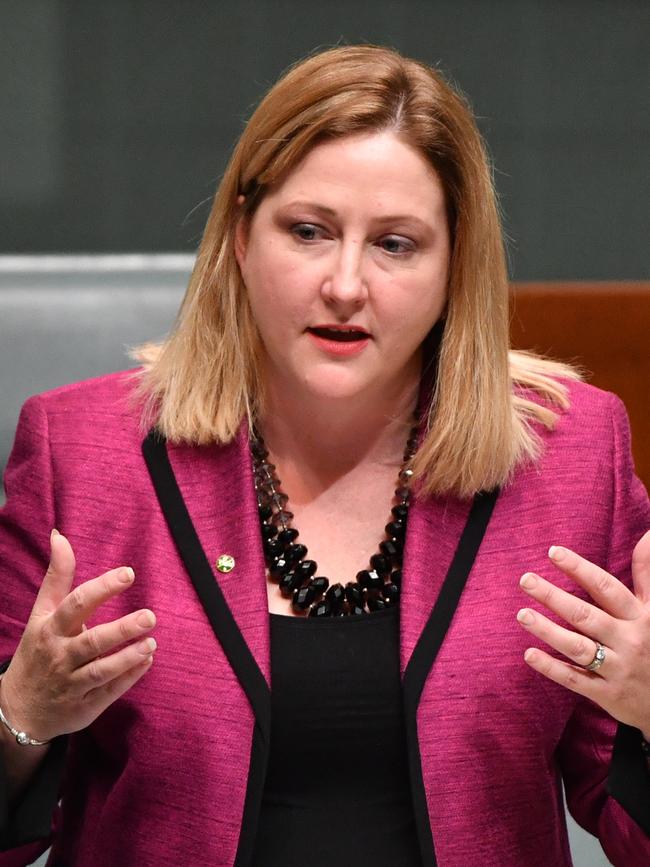Search for oil and gas deposits approved by NOPSEMA
Seismic testing for oil and gas deposits in the Great Australian Bight will go ahead from September bid despite protests which claimed the explosive methods could harm whales and fisheries.
SA News
Don't miss out on the headlines from SA News. Followed categories will be added to My News.
- Seismic tests postponed in win for tuna but whales in firing line
- Experts warn seismic testing ‘severe’ risk for fish
- Bight drilling could secure Australia’s fuel supplies: Minister
- Why Bight oil drilling divides South Australians
Oil and gas deposits in the Great Australian Bight will be explored from September, after the federal regulator approved a bid.
Testing company PGS was last year forced to push back plans to conduct seismic testing in March at an area off Kangaroo Island, telling regulator NOPSEMA it would move its activities to September this year.
The approval has sparked anger from environmentalists concerned about the effect on marine life.
It comes after the regulator gave itself an additional month to decide if PGS testing could go ahead, due to the complexity of the issues.
Seismic testing involves injecting large air bubbles into water behind a test ship to record sounds as they bounce back from the ocean floor to detect oil and gas deposits.

The testing, now permitted from September 1, will run for three months across the 30,100 sqm survey area.
The exploration site is 51km from Cape Carnot, Eyre Peninsula, 90km west of KI and 80km southwest of Port Lincoln.
According to reports released yesterday, NOPSEMA gave the approval subject to conditions to “provide greater transparency and certainty to stakeholders”.
It must ensure no impact on pygmy blue whales, no interference with the migration of southern blue fin tuna into The Bight and no injury or behavioural disturbance to southern right whales
PGS did not respond to requests for comment.
Australia’s oil and gas lobby group maintains seismic testing has been used for decades in Australian waters, with no evidence of harm. Federal Resources Minister Matthew Canavan last week said drilling for oil in The Bight was the nation’s greatest opportunity to strengthen its fuel security
Mayo MP Rebekha Sharkie said she was disappointed but expected seismic surveyors to comply with conditions.
“We will remain engaged with the seafood industry to ensure we are alerted to any possible adverse effects,” Ms Sharkie said.
Wilderness Society SA director Peter Owen said the approval in one of the most significant whale nurseries in the world was “unacceptable”.
“It has led to hearing loss in whales, which sometimes can’t hear each other above the extreme noise,” Mr Owen said.
Australian Greens environment spokeswoman, Senator Sarah Hanson-Young, said it was the first step to drilling.



